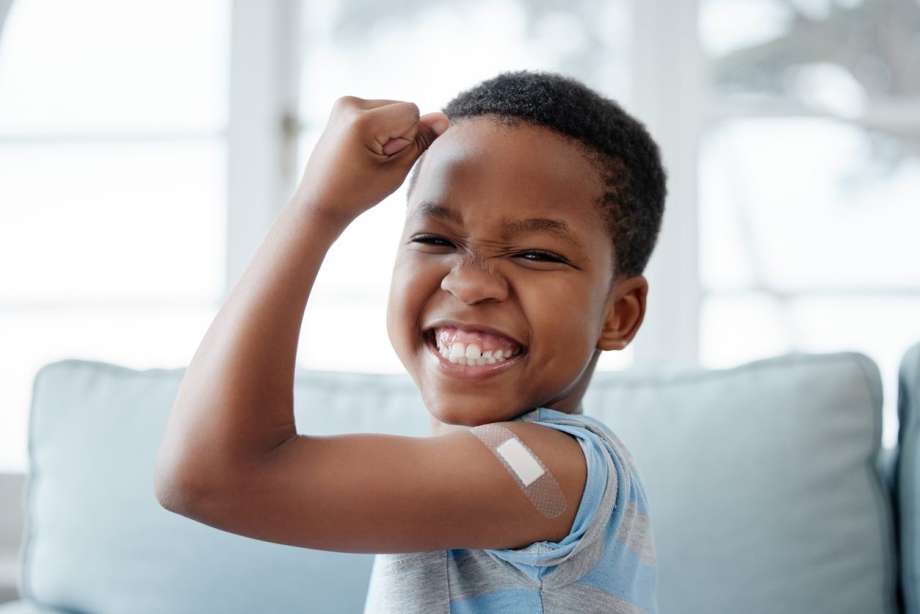Immunization Update: HPV Vaccine for Boys

Immunization Update: HPV Vaccine for Boys
The Food and Drug Administration (FDA) recently approved vaccinating boys between the ages of 9 to 26 against the human papillomavirus (HPV). The vaccine, Gardasil, is currently recommended for girls and women between the ages of 9 and 26 to help prevent cervical cancer caused by two strands of HPV. Recent studies have also shown it to be nearly 90 percent effective in preventing genital warts in boys who are not already infected with HPV.What is HPV?
HPV is the most common sexually transmitted disease in the United States, with about 20 million people currently infected, according to the Centers for Disease Control and Prevention (CDC).
Most people who contract HPV do not develop health problems and the immune system clears it from the body within two years. However, HPV can occasionally turn into a more serious problem, including genital warts and cancers such as cervical, penile, anal, head, or neck. In fact, two out of every 1,000 men are diagnosed with genital warts due to HPV every year, and it is also a leading cause of cervical cancer in women.It can also cause RRP, in which warts grow on the throat and can sometimes block the airway, resulting in a hoarse voice or trouble breathing.
How is it spread?
HPV is most commonly spread through genital contact, usually during intercourse. It can be contracted even if the infected person does not have any signs or symptoms. Rarely, a pregnant woman can pass HPV onto her baby during delivery. In cases like this, the baby usually develops RRP.
The vaccine does not treat HPV and is not effective if a person is already infected, so it is recommended that children get vaccinated in their preteen years before they become sexually active.
Is the vaccine safe?
This vaccine has been licensed by the FDA and approved by the CDC as being safe and effective with no serious side effects. The side effects reported by the CDC include soreness at the injection site and, in some cases, fainting.
Vaccinating your son against HPV is a personal decision that should be discussed with your child's doctor. The FDA supports vaccinating males, but it is important to make a decision based on what is best for your family. For more information visit the CDC's website.